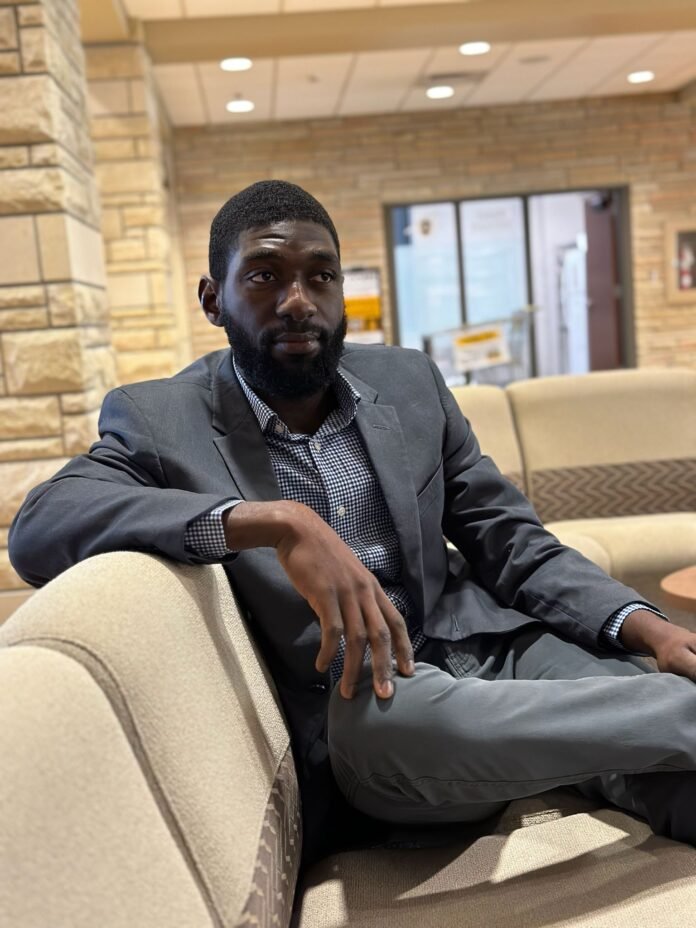By Abubakar Sani (Finance Expert)
Abubakar Sani, a passionate finance student, has raised an important question in his piece titled “Did Ghana Just Buy Time or Trouble?” In a recent interview, He expresses concern over the current economic situation and aims to contribute thoughtful ideas toward building a stronger and more inclusive national economy.
According to him, when Ghana announced in June 2025 that it had secured a $2.8 billion debt restructuring deal, the mood in Accra was cautiously hopeful. After years of inflation, a weak cedi, and shrinking reserves, the deal felt like a breathing space.
Abubakar stated that, this agreement allows Ghana to postpone repayments for up to 15 years, easing pressure on public finances and giving the government time to regroup.
But beyond the headlines, many Ghanaians are asking a sharper question: did the country just buy time or more trouble?
Lifeline for a Tired Economy
He highlighted that, the deal, backed by the IMF and Ghana’s official creditors, covers payments that were originally due between 2022 and 2026.
Those will now be made between 2039 and 2043 at interest rates of one to three percent.
“It’s like Ghana pressed the pause button,” said Abubakar Sani. “We’ve been running on fumes, and now we have a chance to refuel. But a pause isn’t progress unless we actually fix what’s broken.”
He again highlighted that, because most of the loans are in foreign currencies, a weaker cedi would make future payments costlier.
“The cedi may look stable now at about twelve to the dollar,” Sani added, “but if it slips again, our debt bill explodes. It’s like carrying a load that doubles in weight every time it rains.”
How Ghana Got Here
Two decades ago, Ghana was known as one of Africa’s more disciplined borrowers.
That reputation changed when successive governments borrowed heavily to fund roads, schools, and energy projects. “We borrowed to build,” Sani said, “but we also built a huge debt problem. In roughly twenty years, our public debt grew more than eightfold, and today almost half of government income goes to servicing it.”
By 2023 the country had defaulted on most of its external loans. The $2.8 billion restructuring is part of the recovery plan under a broader $3 billion IMF program designed to restore confidence and discipline.
Pressure and Promise
Abubakar further stated that, inflation has slowed to 9.4 percent in September 2025, the lowest in four years, and the Bank of Ghana recently cut its policy rate to 21.5 percent.
The IMF reached a staff-level agreement in October 2025 that will release another $385 million once the Board approves it. Yet the relief has not reached most households.
Prices remain high, and new taxes introduced under the IMF plan have tightened budgets.
“It’s a tough balancing act,” Sani explained. “To protect the cedi, government must spend less but spending less means fewer social programs and slower job growth. It’s a painful trade-off.”
Signs of Progress
In October 2025 Moody’s upgraded Ghana’s credit rating to Caa1, noting improvements in fiscal management. The government also signed its fifth bilateral restructuring agreement, this time with Spain, under the official creditor framework.
Analysts see these as small but important steps toward rebuilding credibility.
Even so, risks remain. Falling prices for gold and cocoa have cut export income, and rising energy costs continue to strain the budget.
A recent government ban stopping pension funds from investing abroad has drawn concern from fund managers who say it limits diversification. “We need reforms that make our financial system more resilient, not rules that trap local capital,” Sani has noted.
Rethinking the Future
Sani believes this deal can be a turning point if it leads to genuine change. “Debt restructuring should not be seen as victory,” he said. “It’s a second chance to build a smarter economy, one that relies less on imports and more on what we produce.”
He argues that future borrowing should target sectors that create value such as manufacturing, agriculture, and exports, and that loan agreements must be fully transparent.
“We must borrow like investors, not like dependents,” he said. “Every dollar we take should create more than a dollar of benefit for the people.”
The Road Ahead
Concluding his statement, he indicated that Ghana’s recovery will take patience and discipline.
He said, the next budget, the first crafted entirely under IMF supervision, will show whether the government can keep spending in check while still supporting growth.
“This deal might save us today,” Sani said, “but it’s what we do next that will decide if we finally stand on our own or end up in the same loop again.”
More about the writer:
The writer of this article Abubakar Sani can be reached via LinkedIn: Abubakar Sani
Email: abubakarsani192@gmail.com




